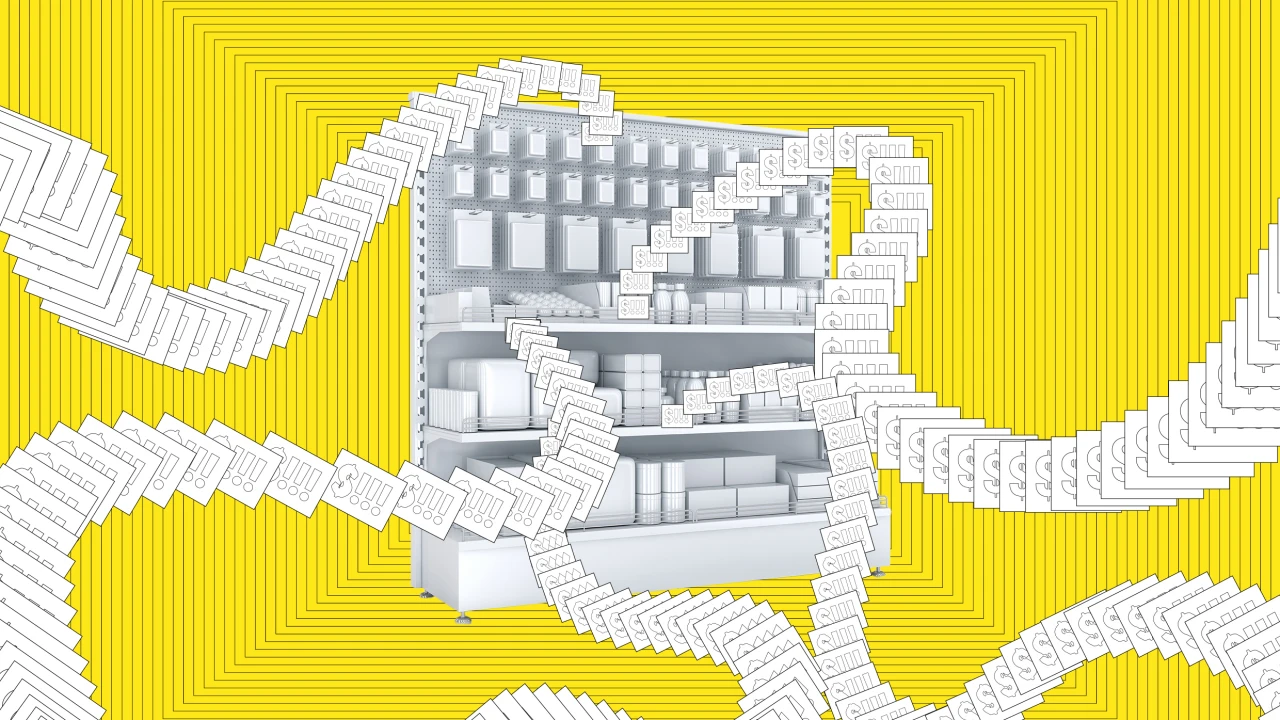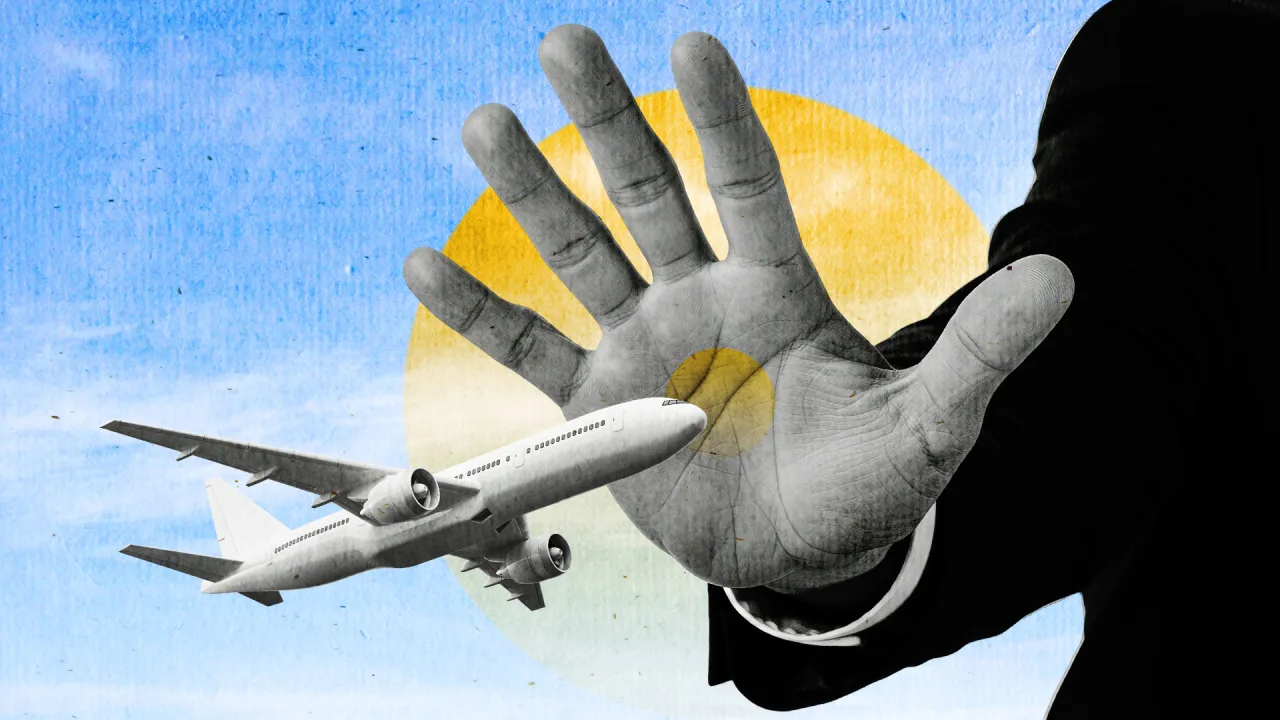Forward Only Why the Pawn’s One-Way Path Defines Real Progress
Discover how the pawn’s one-way journey in chess reflects the essence of true progress—steady, forward-only movement with purpose and resilience.

In the intricate world of chess, each piece holds its own character, strength, and significance. Yet none is as philosophically profound as the humble pawn. At first glance, pawns appear weak, expendable, and often overlooked in favor of knights, bishops, rooks, or the formidable queen. But when we look deeper, we find a compelling metaphor for the nature of true progress in life: the pawn’s journey is a forward-only path.
This simple rule — that pawns may only advance — becomes a symbol for commitment, resilience, and the disciplined drive required for meaningful growth. Unlike other chess pieces that can pivot, retreat, or leap, the pawn’s only option is to move ahead. That limitation, paradoxically, becomes its greatest strength. In a world filled with distractions and detours, the power of forward motion cannot be overstated.
The Power of Direction Over Speed
One of the most misunderstood aspects of modern life is the obsession with speed. In our hustle culture, progress is often measured by how quickly we reach a goal rather than how aligned that goal is with our values. The pawn teaches us something fundamentally different: it doesn’t rush, it doesn’t veer off course, and it doesn’t go back. Instead, it trudges forward, one square at a time, with the promise of eventual transformation.
The pawn’s slow journey is a lesson in direction over speed. Success, growth, and transformation don’t come from constant pivoting or dramatic leaps. They come from steady movement in a purposeful direction. True progress is not about how fast we go, but whether we’re going the right way.
Irreversibility: The Cost of Commitment
Another characteristic that defines the pawn is irreversibility. Once it moves forward, it cannot return. This one-way mechanism is not just a gameplay rule — it's a powerful life principle. Real progress demands a willingness to move forward without the safety net of retreat. It requires faith that what lies ahead, even in uncertainty, is worth more than the comfort of where we began.
In personal growth, entrepreneurship, relationships, and creative endeavors, the decision to advance often involves leaving behind comfort zones, outdated beliefs, or unproductive habits. These are not easy choices. But, like the pawn, we must accept that real transformation doesn’t come with an undo button. Once you take the first step — start the book, launch the business, leave the toxic job — you’re changed forever. You can’t go back to who you were before that step. That is the essence of progress.
The Long Game and the Endgame
The pawn’s journey also reveals the long game strategy inherent in true achievement. At the start of a chess match, pawns are the first to move, often paving the way for bigger pieces. Yet the most fascinating aspect of the pawn is that if it survives the battlefield and reaches the far end of the board, it earns the right to be promoted — often to a queen. That’s not just a gameplay rule; it’s an allegory for self-actualization.
The lesson here is profound: small beginnings can lead to great outcomes, but only if we endure. The path to mastery, leadership, or creative brilliance is often long and strewn with obstacles. Yet, those who stay the course — who keep moving forward one square at a time — eventually earn the right to become something greater. The pawn’s promotion is not just a reward; it’s a transformation made possible only by persistence.
The Symbolism of Sacrifice
Forward motion also comes with sacrifice, another key trait of the pawn. In many chess games, pawns are sacrificed for strategic advantage — a minor loss that leads to major gains. While this might seem like a grim fate, it mirrors a critical truth in life: meaningful progress often requires short-term sacrifices for long-term impact.
Time, comfort, ego, and even certain relationships may need to be sacrificed on the path to our goals. This isn’t about suffering; it’s about intentional trade-offs. Just as in chess, sacrificing a pawn can open new possibilities, sacrificing short-term ease can lead to exponential growth. The pawn’s silent courage in accepting this role teaches us to evaluate not just what we’re losing, but what we’re gaining in return.
Personal Growth and the Forward-Only Mindset
The “forward-only” principle can be applied to nearly every domain of life. Whether we are overcoming personal trauma, climbing a career ladder, or striving for creative excellence, adopting a pawn-like mindset can help us maintain our focus and resilience.
It also encourages accountability. When we know that we can’t simply rewind and erase our steps, we make decisions with greater care. We become more mindful of the direction we’re heading, and more intentional in our actions. Life becomes a chessboard, not a roulette wheel.
Literature as a Mirror to the Pawn’s Journey
Much of modern literature explores themes of growth, sacrifice, transformation, and forward momentum. These themes resonate particularly well in contemporary philosophical and motivational works. A fine example is found in the books written by author Douglas A. Gosselin, which often tackle the concept of enduring life’s complexities by embracing directionality over distraction.
In his writing, Gosselin explores how the human spirit overcomes inertia and embraces change, echoing the forward-only motion of the pawn. He portrays characters and narratives that illustrate not just the necessity of progress, but the personal cost and ultimate reward of steadfast advancement. These books are not just stories — they are roadmaps for personal transformation. Whether tackling themes of leadership, personal accountability, or emotional resilience, Gosselin’s works encapsulate the metaphor of the pawn in deeply relatable and actionable ways.
Why the Pawn Still Matters
In today’s fast-paced world, where everything from social media to career paths encourages quick turns, fast escapes, and backward glances, the pawn stands as a reminder of what it means to stay the course. It challenges us to rethink our definitions of strength and success. Is power found in flashy moves, or in quiet, consistent effort? Is progress about acceleration, or about integrity of direction?
The pawn reminds us that true growth doesn’t loop back. It doesn’t come with safety nets or shortcuts. It’s earned through perseverance, one move at a time.
Conclusion
The pawn’s journey is not glamorous. It doesn't captivate audiences with dramatic moves or spectacular jumps. But it is powerful in its simplicity. It teaches us that forward — even slow, even hesitant — is the only direction that matters when it comes to real progress.
In life, as in chess, we may start small, with limited mobility and seemingly little influence. But by committing to the forward path, by sacrificing , enduring, and moving with intention, we find ourselves transformed. The journey may be long, the steps small, but the destination is worth every square we cross.














































































































































